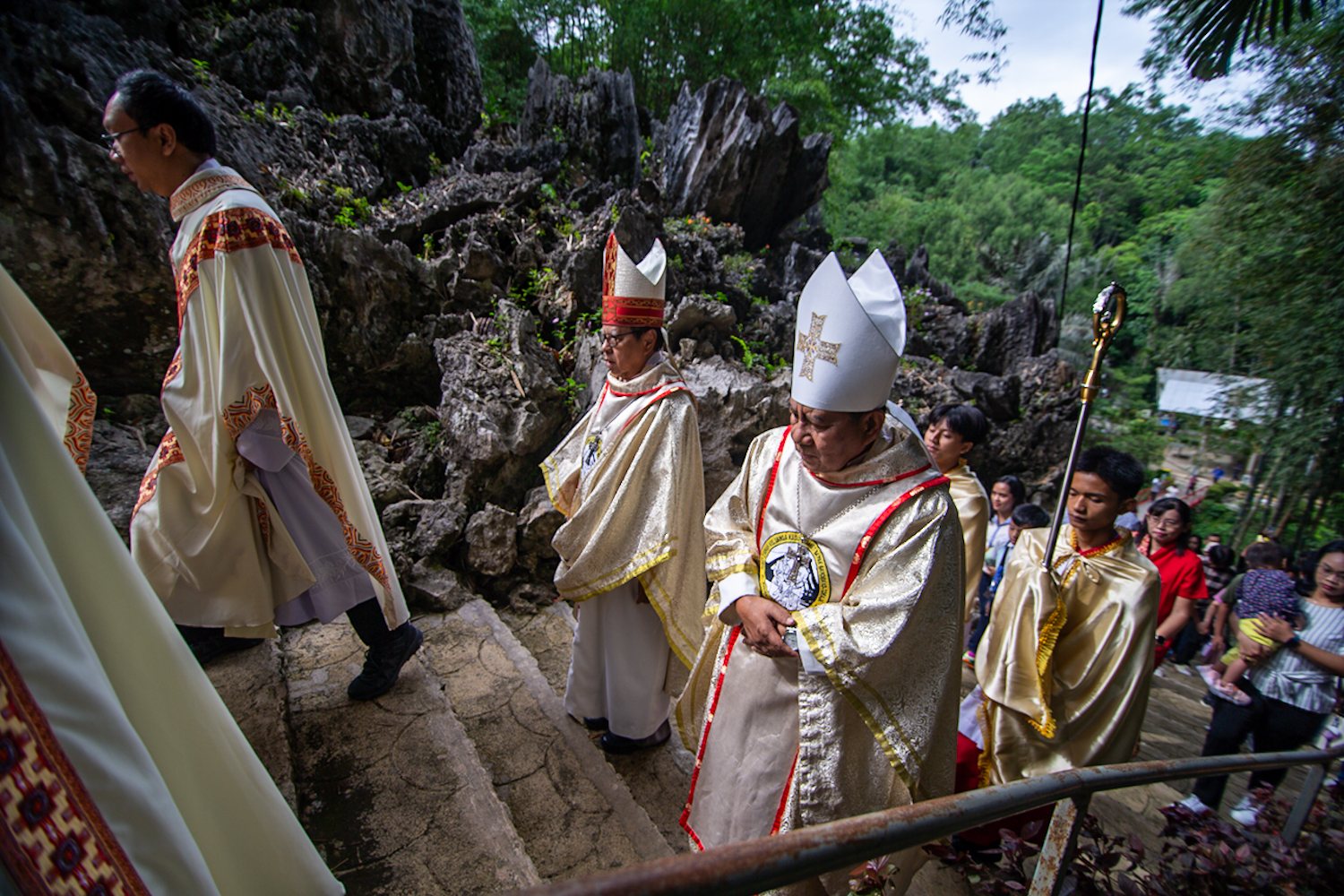Joaquim Magalhães de Castro
The possibility that, for the first time in history, Malaysia will have radical Islamic elements at the forefront of its destiny, raises an alarm among Christians in that country, who fear future limitations on their freedom of expression and a possible increase in inter-religious tensions in a federation of sultanates officially Islamic, despite the fact that several religions coexist in it.
An integral part of the coalition that came second in the elections of November 19, the fundamentalist Malay Islamic Party (PAS) was the one that saw the most growth in its parliamentary group, and, in an increasingly fragmented political scenario, aims to integrate a future government. It should be remembered that less than 10% of the 32 million citizens of Malaysia are Christians while 60% profess Islam, with the authorities having so far managed to avoid open conflicts, both between believers of these two religions and between Buddhists (20%) or Hindus (6.3%).
In the aftermath of the election results, the Malaysian Council of Churches (CCM) – the body that brings together the Protestant Churches and the Orthodox Church – quoted by the Fides News Agency, rushed to declare that all local Christians are committed “to the common good and have no plans of proselytism and Christianization of the nation.” The council vehemently criticized a video in which former prime minister Tan Sri Muhyiddin Yassin accused Pakatan Harapan, the winning party of the newly-appointed Anwar Ibrahim, of being supported by “a group of Jews and Christians who have an agenda of Christianization in Malaysia.”
The Christian Federation of Malaysia, another ecumenical body that includes the Catholic Church, also expressed concern. “The statements of politicians must not give rise to conflicts and slander of a seditious nature to obtain the support of a certain ethnic or religious group,” says the federation, noting that the words of politicians must not “disturb peace, harmony and the well-being of all the citizens of our beloved Malaysia.”
After his appointment, Anwar Ibrahim was quick to call on the population to take a stand against racism and religious fanaticism. “As a Muslim, I was never taught to hate other ethnicities or religions. If we don’t stop religious fanaticism, it can become very dangerous,” he said.
This election outcome comes after a court decision (last year) that gave back to local Christians the right to use the word “Allah” to refer to God, thus revoking an absurd ban, dating from 1986. In Malaysia, the Arabic name for God – which predates the rise of Islam – has long divided the Christian and Muslim communities. The controversy reignited with the seizure in 2008, at Kuala Lumpur airport, of religious material in Malay with the word “Allah” in the luggage of Jill Ireland Lawrence Bill, a Christian from Borneo, who decided to contest it in court. After a seven-year legal battle, Jill was given back the said material (eight CDs) but continued to fight for “her constitutional right” to use the term “Allah.” She remembered that Christians were never consulted when, in 1986, the country prohibited them from using that word and that such an attitude was unconstitutional and discriminatory.
Also in 2013, a court banned the use of the word “Allah,” this time regarding an article published in the Catholic newspaper the Herald Malaysia. The judge argued that the use of that word by non-Muslims “could cause public disorder” and that this was a right reserved for those who professed the Islamic faith.
Appealing that decision, Catholic Church leaders said the measure violated the right to religious freedom guaranteed by the country’s constitution. “The name ‘Allah’ to refer to God is used by Arab Christians around the world and is in the translation of the Bible,” said Rev. Lawrence Andrew, editor of the Herald Malaysia. Pressured by a radical Muslim group, the federal government even considered preventing the publication of the above-mentioned newspaper.
In the final verdict, after a long legal battle between the government and the Church, the judges expressed the opinion that “all religions must be practiced in peace and harmony with Islam,” the official religion of the federation. That is, and quoting the words of the magistrate who led the process, “the use of the word ‘Allah’ is not an integral part of the faith and practice of Christianity” and “such use, if allowed, could cause confusion within the community.” In response to that decision, the general secretary of the National Christian Alliance of Malaysia, Eugine Yapp, called on Christians in the country to contribute to “an environment of mutual respect and acceptance through building bridges with other religious groups.”
Malaysia’s current constitution assumes that every native Malay is Muslim and, accordingly, all those who convert to Christianity violate the law and face severe pressure from family and community. Converts are seen as traitors to everything Malay society values most.”
(Photo: Joaquim Magalhães de Castro)


 Follow
Follow


